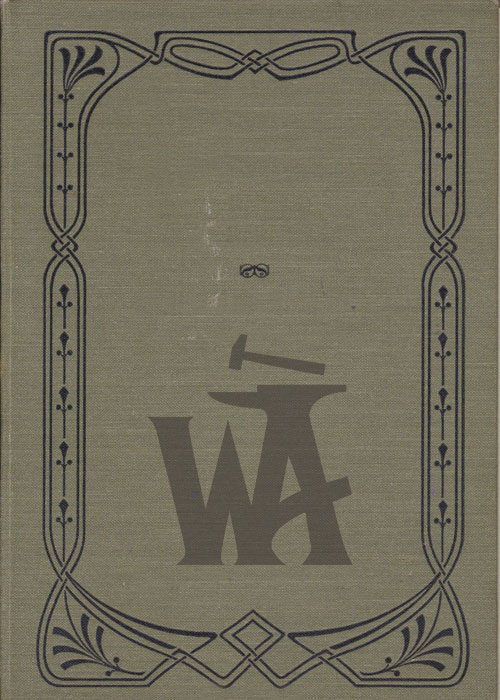The current Aluvian monarchy is dictated by bloodline, as with most monarchies, with one stipulation. Whereas most monarchal lineages are determined by some kind of ancestral prestige, the will of a popular god, or sheer indomitability, the Aluvian monarchy is determined by the age of the familial line. The belief of Alunir traditions is that they who are the eldest are the closest then to their Fae Ancestry, and so carry with them a piece of the divine. The Aluventrias, being directly descended from the Aveluyinains, therefore maintain an uncontested rule over Aluvia. The existence of surname in Alunir culture is paramount to the existence of government, and is a symbol of not only a hierarchal reign, but a holy one. The complexity of Elven language was steepened when the Ancient Alunir discovered the connection between linguistics and power.
A leading theory among practitioners of Historical Linguistics is that common was invented by the scholar Sveyelethillius as a form of direct opposition to Elvish. A language was designed that was simple, used hard consonants to cement pronunciations in an understandable form, and was adoptable by creatures of all varieties. This is a theory that is still hotly debated. Another theory as to the persistence of Common is that the language was sustained magically by Sveyelethillius, but this theory is sorely lacking in any serious historical evidence.
Though much of what we understand about history before the Third Frost is unfortunately scattered, lost, and speculative, inference can make the difference in discerning the mundanity of language and understanding it as the intricately woven art form that it is. The Ancient Alunir understood the importance of language, and still praise its merits. And for as long as man and elf live and as long as there is knowledge to be gained, the art of the tongue will remain amongst the most influential.






